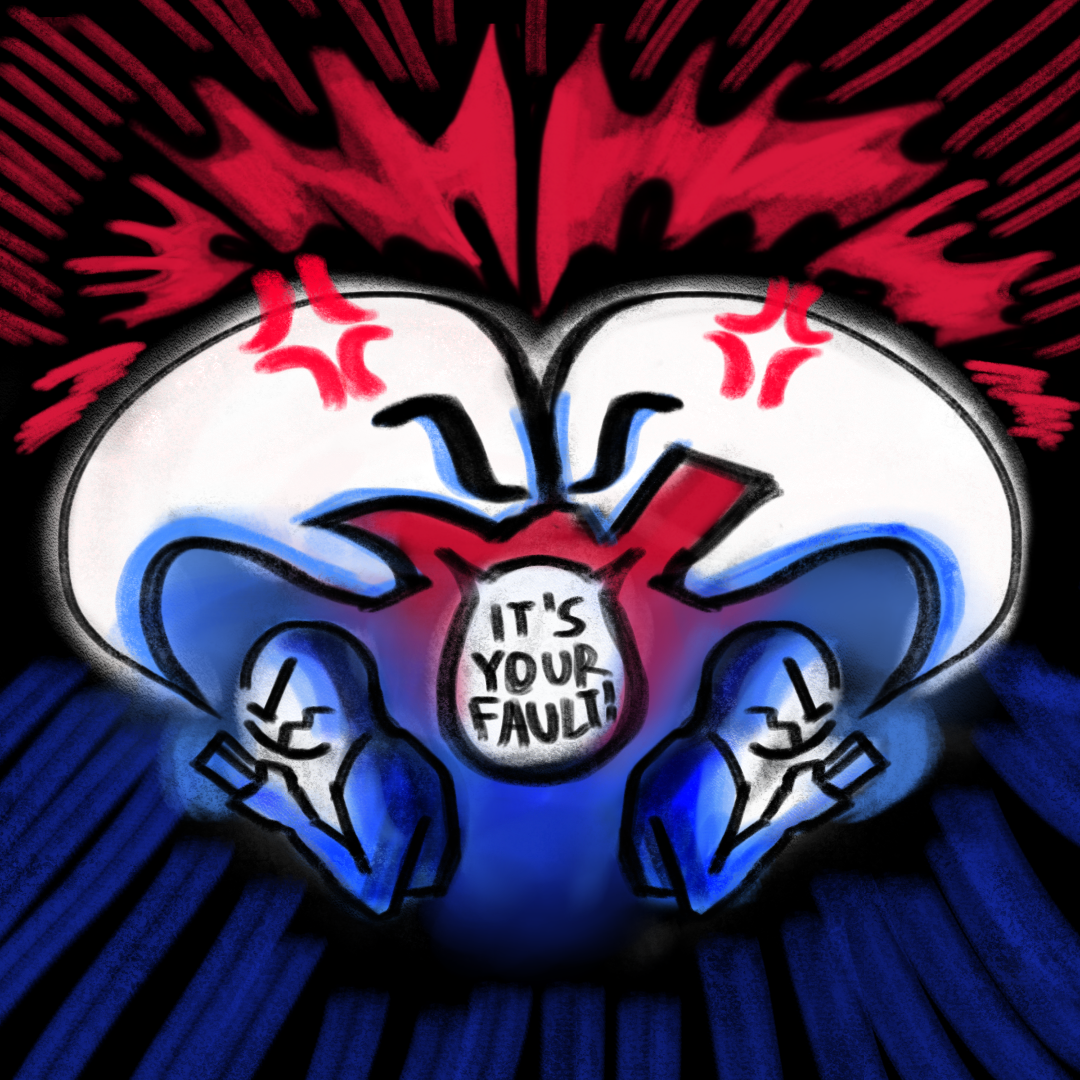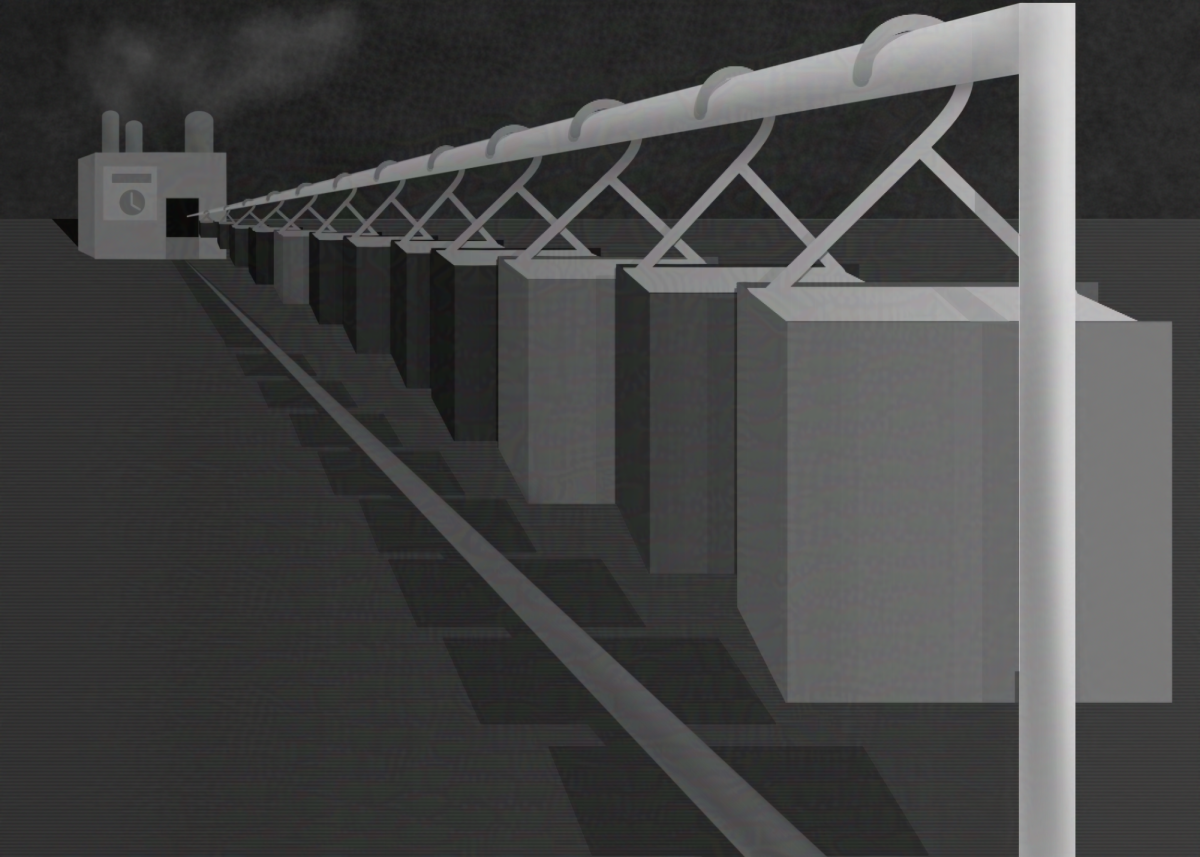In remembrance of the anniversary of the terrorist attack of Sept. 11, 2001, we asked some of The Daily Aztec writers to share their views on how America and their memories of that unforgettable day have changed in the past 11 years.
Leonardo Castaneda, Opinion Editor
More than a decade after the start of the Afghanistan War, U.S. forces operating in Pakistan killed Osama bin Laden. His targeted assassination by a Navy SEAL team is the most famous example of a new kind of war. This new warfare is the legacy left behind by the terrorist attacks on American soil and the subsequent invasion of Iraq and Afghanistan.
Historians don’t study World War I because of Archduke Franz Ferdinand’s assassination. They study it because of the modernization of warfare, when mechanized killing machines slaughtered unprecedented millions. Decades from now, we’ll look back at 9/11 as the start of targeted, long distance warfare. Drone strikes, special operation assassinations and shadowy extraditions of foreign nationals are the new normal.
We cannot know how history will judge this new way of waging war. Even now, we can see how targeted strikes on enemy compounds and leaders can save the lives of American soldiers. Whether the same can be said about civilians and innocent bystanders is a matter of imperfect technology, rather than a flawed strategy.
Whether any one country has the legal right or moral authority to assassinate those who speak out against it is questionable. It’ll be our generation that grows up within this era of new warfare and it’ll be our duty to write the new rules of engagement.
Heather Rushall, Staff Columnist
To me, the tragedy of 9/11 was more than just a scary event in the not-too-distant past. I remember waking up several hours earlier than normal that morning and stumbling out to the living room to find my big brother, head in his hands, slouched on the couch in front of the TV watching the whole thing untangle.
I stood there in silent awe, as I took in what seemed to be a freakish movie scene; buildings I had never paid more than a moment’s attention to were on fire while news reporters tried to make sense of it all.
That moment meant two things: my brother would join the military just a few days afterward and I would later discover my drive to become a war correspondent.
My perception of the event hasn’t changed much after the tragedy. It still means to me what it meant that morning. I do find it a little depressing, however, how quickly the oneness and patriotism Americans experienced should never be forgotten. Service members should be appreciated and victims should be remembered. Americans came together as a result of that day and to lose the brotherhood we all experienced is as tragic as the event itself.
Kenneth Leonard, Staff Columnist
Eleven years ago, an uncomfortable and obvious truth was shoved into the collective American consciousness by 19 of Allah’s most faithful followers. Sam Harris makes the point succinctly: “We have failed, generation after generation, to abolish the delusions of our ignorant ancestors. The worst of these ideas continue to thrive — and are still imparted, in their purest form, to children.”
Western civilization’s post-9/11 strategies should have been predicated by an honest assessment of what happened at the Pentagon, the World Trade Center and Shanksville, Pa. The U.S. was attacked via air piracy (a method used to effectively inflict civilian casualties) by ideological extremists who ascribe to a violent, racist, hateful (especially if you’re a Hindu, Christian, nonbeliever or Jew) religion bent on the realization of a theocratic empire. This is the truth, plain and simple. The attacks of 9/11 would have been unthinkable without religion.
The Bush administration was not responsible for 9/11. There was no internal conspiracy. The attacks weren’t, as conservative Christian darlings Pat Robertson and the late Rev. Jerry Falwell asserted, punishment from God for homosexuality and abortion. In the wake of 9/11, too many diversions kept us from focusing on what really happened, thus obfuscating potential solutions to the urgent problem facing us all.
It’s easy to look at our nation now and say we’ve declined since 9/11. Following the Clinton years, there was a palpable spirit of hope and optimism in the U.S., which has all but disappeared in the last decade. Our response to religious terrorism is directly responsible for this decline. When a dialogue regarding the ethical implications of faith in the modern era should have flourished, zealous “us vs. them” nationalism—leading to imperialistic campaigns in Iraq and Afghanistan—dominated our national discourse as fear and panic upset our commitment to the traditionally American principles of liberty and justice (hence, the U.S. Department of Homeland Security).
When American Airlines Flight 11 crashed into the WTC, it should have sounded the death knell of organized religion. 9/11 should have instigated a new revival of rational discourse, but it didn’t. We failed to learn the biggest lesson al-Qaeda has unwittingly been teaching us: As long as competing ideologies based on nothing more than faith are treated with respect and for as long as the criticism of these medieval and barbarous religious systems is considered taboo, humanity will continue to stagnate in a state of perpetual conflict.






